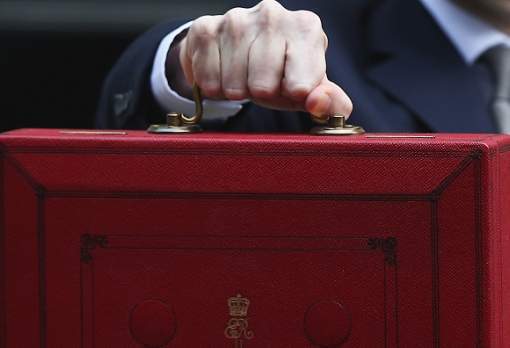
What is tax for? Redistributing the entrenched wealth of the few for the benefit of the many? Ensuring vital public services are properly funded? A means by which people feel invested in their surroundings and each other? All sounds pretty positive, doesn’t it – and figures from the Equality Trust suggest that the general public agrees. 96 per cent of people want to see a more progressive system of taxation, and 82 per cent feel households in the highest income group should pay a greater proportion than those in the lowest.
And yet raising taxes is still perceived as politically toxic. In his recent budget, George Osborne prioritised tax breaks for the wealthiest over support for families with children, the working poor and those reliant on welfare. He also introduced a ‘tax lock’ on income tax, national insurance and VAT, effectively putting 60 per cent of all taxation revenue out of reach for the duration of the new parliament. Furthermore, the latest ONS figures show that the poorest 10 per cent pay 45p in every pound of their income in tax, while the richest 10 per cent pay only 35p in every pound.



